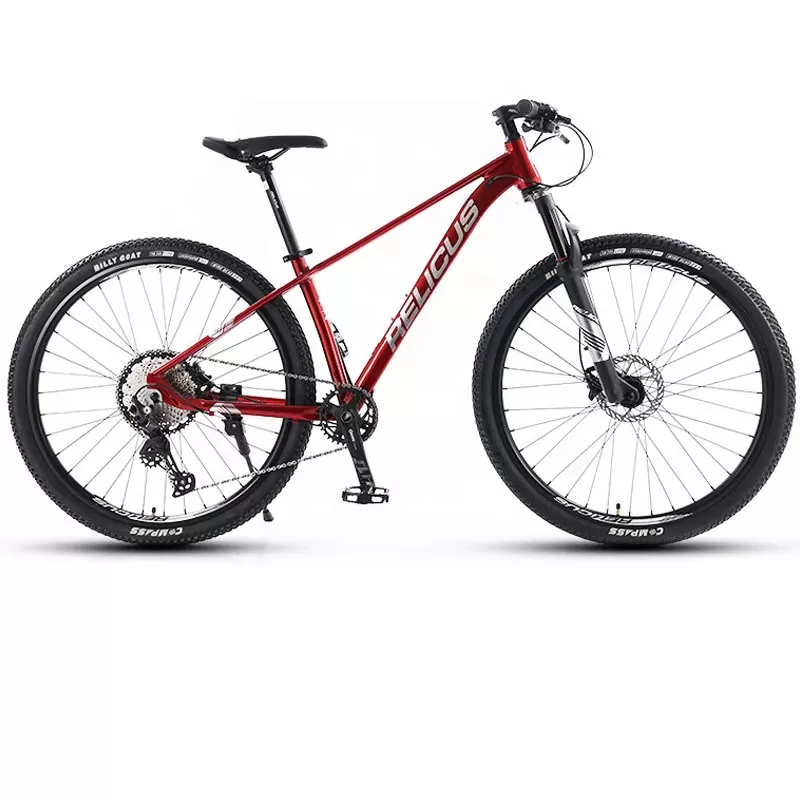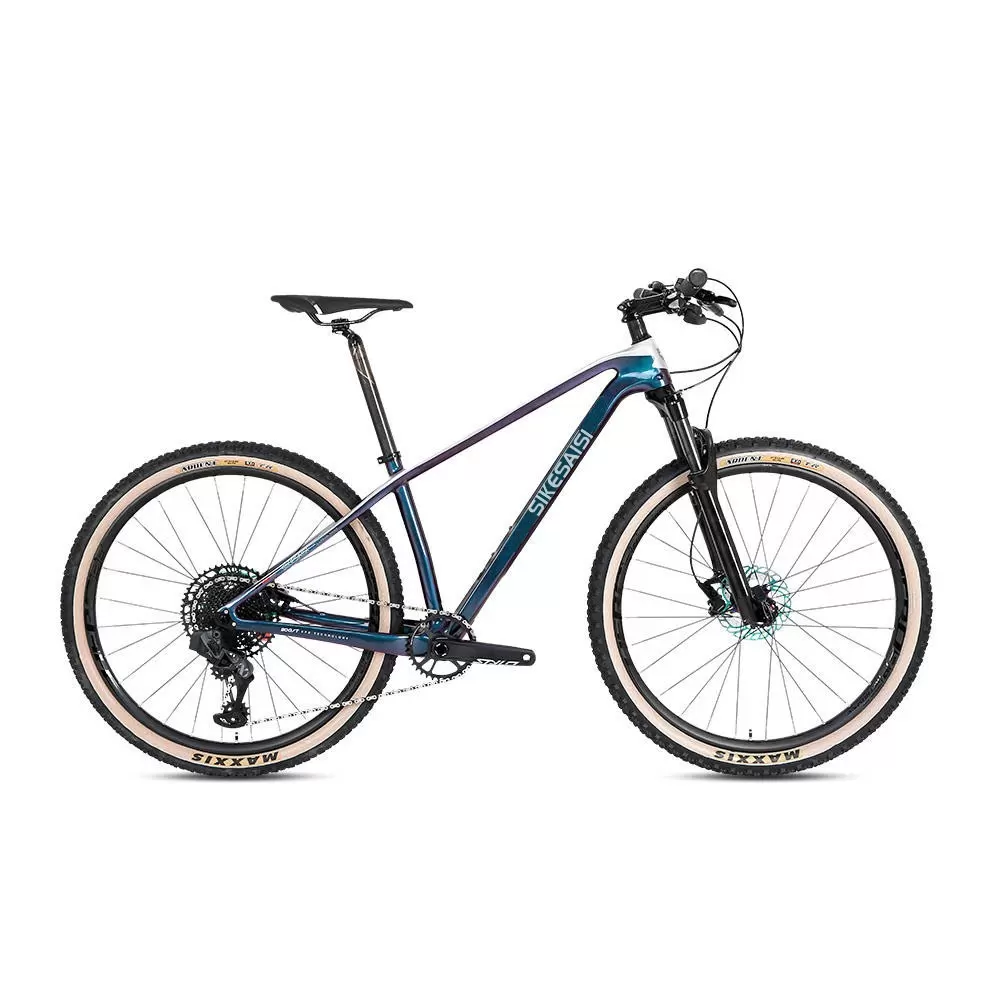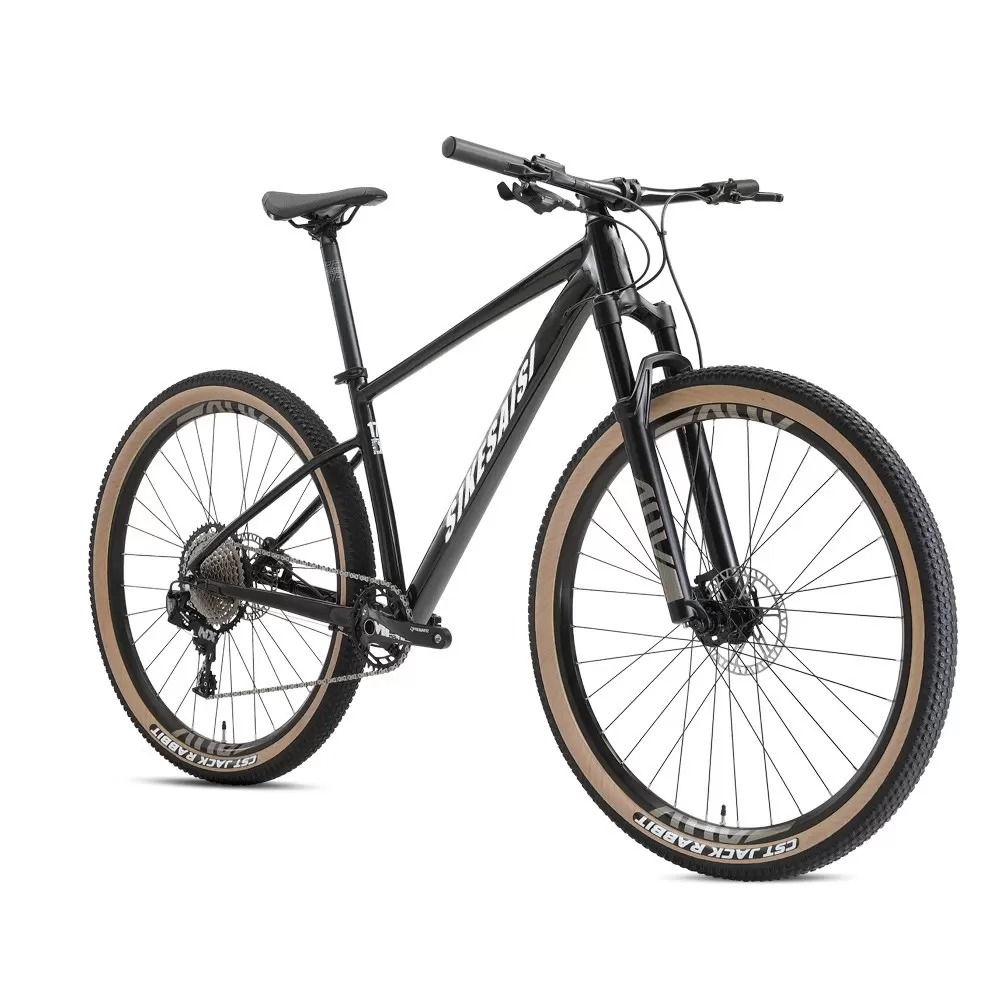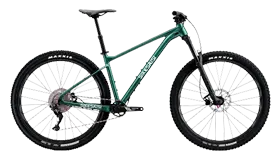Which one is the best frame material gravel bike, Steel?alloy or carbon?
When choosing the best frame material for your gravel bike, there are several options to consider, including Steel, alloy, and carbon. Each material has its own unique characteristics and benefits, and the decision can ultimately depend on your specific riding needs and preferences. In this article, we will explore the pros and cons of each material to help you make an informed decision.
When choosing a gravel bike, one of the most important decisions you'll need to make is selecting the right frame material. The frame material not only affects the bike's weight, durability, and riding quality, but it also plays a significant role in determining the overall performance of the bike. In this article, we will explore the pros and cons of four popular frame materials for gravel bikes: steel, alloy, and carbon. By the end of this article, you will have a clear understanding of which frame material is best suited for your gravel riding needs.

Steel Frames: The Classic Choice
"chromium-molybdenum," is a steel that has been used in bike frames for decades. Known for its strength, durability, and compliance, steel frames are a classic choice for gravel riders who prioritize comfort and reliability. The inherent flex of steel provides a smooth and forgiving ride quality, making it an excellent option for long-distance gravel adventures. Additionally, steel frames are relatively affordable compared to carbon frames, making them an attractive choice for budget-conscious riders.
However, it's important to note that steel frames are heavier than their alloy and carbon counterparts. This extra weight may not be ideal for riders who prioritize speed and agility on rough gravel terrain. Furthermore, steel frames are susceptible to rust if not properly cared for, requiring regular maintenance to ensure longevity.

Alloy Frames: Lightweight and Affordable
Alloy frames, typically made from aluminum or titanium alloys, are favored for their lightweight nature and affordability. Aluminum alloy frames, in particular, are known for their stiffness and responsiveness, making them an excellent choice for riders who seek efficient power transfer and snappy handling on gravel roads. Additionally, aluminum alloy frames are resistant to corrosion, making them low-maintenance and suitable for all-weather riding conditions.
On the downside, aluminum alloy frames can be harsher on rough terrain compared to steel frames due to their lack of inherent flex. This rigidity may result in a less forgiving ride quality, especially on long gravel rides. Titanium alloy frames, while offering better compliance than aluminum, come with a higher price tag, making them less accessible to budget-conscious riders.

Carbon Frames: The Ultimate Performance
Carbon frames have gained popularity in the gravel biking community for their unparalleled performance characteristics. Renowned for their lightweight construction and exceptional stiffness-to-weight ratio, carbon frames offer superior power transfer and responsiveness, making them the top choice for competitive gravel racers and enthusiasts seeking the ultimate performance advantage.
Moreover, carbon frames can be engineered to provide specific ride characteristics by varying the layup of carbon fibers, offering a customizable ride quality tailored to individual preferences. Additionally, carbon frames are inherently rust-proof and require minimal maintenance, making them an attractive option for riders who prioritize convenience and longevity.
However, the primary drawback of carbon frames is their high cost. Carbon fiber manufacturing is a complex and labor-intensive process, resulting in premium price tags that may be prohibitive for budget-minded riders. Furthermore, carbon frames are more susceptible to impact damage than steel or aluminum frames, requiring careful handling and maintenance to prevent structural compromise.
In conclusion, the best frame material for your gravel bike ultimately depends on your individual preferences and riding style. If you prioritize durability and a smooth ride quality, a chromoly frame may be the best choice for you. Riders seeking a lightweight and responsive bike may prefer an alloy frame, while those looking for top-tier performance and comfort m ay opt for a carbon frame despite the higher cost. It's important to consider your budget, riding conditions, and long-term goals when making this decision.
Ultimately, all three frame materials have their own strengths and weaknesses, and there is no one-size-fits-all answer. By carefully evaluating the characteristics of each material and considering your own priorities, you can make an informed decision that will enhance your riding experience on gravel terrain. Or if you need further help, please contact us and we will provide you with the best answers about bicycles.










